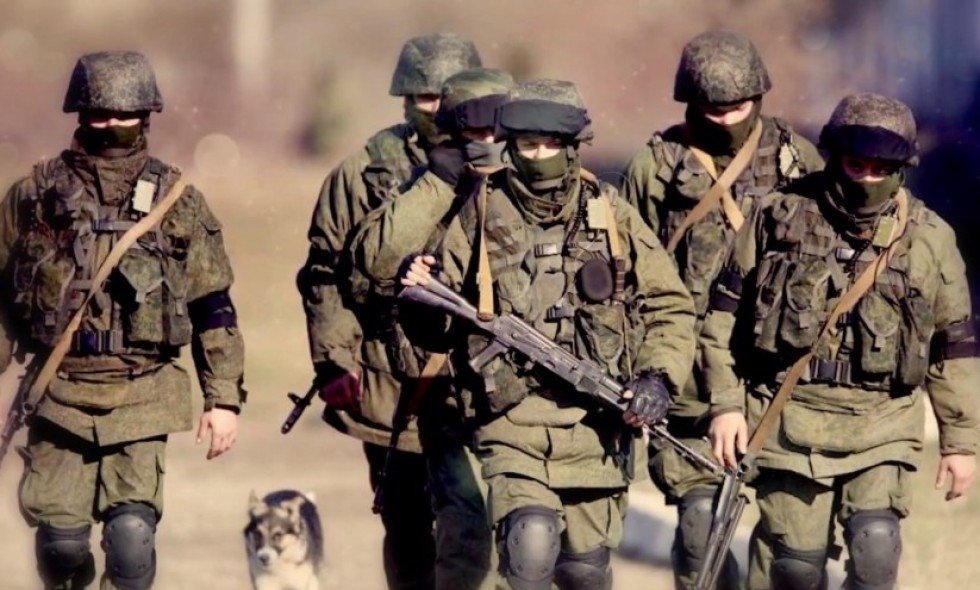The German officials believe that Wagner boss Yevgeny Prigozhin’s intentions to initiate an armed rebellion in Russia did not garner the expected support from Russian government agencies, ultimately resulting in the halt of his movement towards Moscow.
On June 24, as the German news outlet reported, the Federal Ministry of Foreign Affairs and the Ministry of Defense of Germany briefed the heads of the Bundestag committees on foreign and defense affairs regarding the latest progress and unfolding events.
In the oral briefing, Tjorven Bellmann, the Political Director of the Federal Ministry of Foreign Affairs, and Zimtje Möller, the Parliamentary State Secretary for Defense, conveyed their suspicion that Prigozhin did not obtain the anticipated support from Russian state forces during the coup attempt.
This lack of backing ultimately prompted Prigozhin to halt the campaign toward Moscow.
The German government representatives did not comment on any information regarding the agreement’s content between the Kremlin and Yevgeny Prigozhin.

Previously, the EurAsian Times also explained that executing an actual coup would require the involvement of key political figures within the Russian government and close allies of President Putin.
If Prigozhin intends to seize control of the central command and authority within the Kremlin, a genuine coup would need to occur in Moscow. However, gaining access to Moscow and overthrowing Putin’s inner circle would necessitate an internal power struggle within the closest circle of Putin’s trusted allies.
The “inner circle” includes Prime Minister Mikhail Mishtushin, Deputy Chairperson of Russia’s Security Council Dmitry Medvedev, Security Council Secretary Nikolai Patrushev, and the head of the semi-autonomous Chechen Republic, Ramzan Kadyrov.
There have been no reports of dissent from these individuals, indicating their apparent loyalty to the current leadership.
Meanwhile, despite the Kremlin’s assurance of dropping the charges against Yevgeny Prigozhin for his armed insurrection, he continues to face legal charges, Russian media reported.
On June 26, a prosecutor general’s office source confirmed that the charges against Prigozhin had not been dropped.
Prigozhin, following his departure from the southern army headquarters in Rostov-on-Don that was briefly taken over by his Wagner militia on June 24, has remained out of sight, and there have been no reports of his activities.
The Kremlin had previously announced that the case against him would be dropped and stated that Prigozhin had agreed to depart to Belarus.
Prigozhin, sometimes called “Putin’s chef,” was previously a trusted associate of Russian President Vladimir Putin.
His affiliation with the Wagner Group, which has played a vital role in Russia’s military involvements in Ukraine and various regions globally, including Africa and South America, has been widely recognized.
The Feud Between Wagner And Russian Defense Officials
Before the brief armed mutiny, tensions between the Wagner Group and Russia’s Ministry of Defense had been simmering, marked by a war of words.
The leader of Wagner Group openly accused top-ranking Russian military officials, including Defense Minister Sergei Shoigu, of mishandling the war efforts in Ukraine and alleged that they deliberately withheld ammunition from Wagner fighters due to personal animosity.
In fact, following Prigozhin’s declaration to halt their march towards Moscow, speculation emerged regarding a speculated agreement between Prigozhin and the Russian president, allegedly entailing the dismissal of Defense Minister Sergei Shoigu as a resolution to the uprising.
However, the Kremlin has refuted these claims and denied any such agreement.
On June 26, the Russian government released footage showing Defense Minister Sergei Shoigu visiting troops, marking his first public appearance since Prigozhin’s attempted move against the country’s top military leadership.
A brief video posted by the defense ministry showcased Shoigu inspecting a Russian command point and attentively receiving a progress report from his subordinates regarding the ongoing conflict in Ukraine.
The exact timing and location of the video featuring Shoigu have not been officially confirmed.
But, according to Rybar, a pro-Kremlin military analysis channel on Telegram, the video seemed to have been recorded during Shoigu’s visit to the Belgorod region, which shares a border with Ukraine, before Prigozhin’s uprising.
The video could potentially be interpreted as an effort to convey a sense of normalcy resuming merely two days after Prigozhin’s Wagner paramilitary forces advanced towards Moscow and reportedly caused casualties, including the death of several Russian troops.
Nonetheless, the specific details of the agreement between Prigozhin and the Kremlin remain uncertain and undisclosed. The future of the Wagner forces also remains uncertain, with no definitive information available regarding their next steps or potential developments.
- Contact the author at ashishmichel(at)gmail.com
- Follow EurAsian Times on Google News